By: Michael R. Parker, Founding and Managing Partner
The legal landscape is experiencing a transformative wave with the integration of Artificial Intelligence (AI) into law firm practices. As firms embrace AI technologies for legal research, document analysis, and case management, an essential question emerges: how will this impact professional liability insurance? In this blog post, we explore the implications of AI adoption on professional liability insurance premiums and consider whether firms not using AI may face increased costs.
The Advantages of AI Adoption in Law Firms
AI tools excel at processing vast amounts of legal data with unprecedented speed and accuracy. This efficiency can contribute to reducing errors and accelerating legal processes, which may be viewed favorably by professional liability insurers.
AI’s predictive analytics capabilities empower law firms to make strategic decisions by anticipating legal outcomes. This proactive approach can enhance a firm’s reputation for delivering informed, forward-thinking legal services.
Professional Liability Insurance: Will Premiums Go Up or Down?
The impact of AI adoption on professional liability insurance premiums is a nuanced consideration. On one hand, firms integrating AI may experience more favorable premiums. The efficiencies gained and reduced risks associated with AI use could be perceived positively by insurers. Conversely, law firms not utilizing AI might find themselves in a different position. As the legal landscape evolves, insurers may increasingly value the risk mitigation and efficiency gains associated with AI adoption. Firms not leveraging AI might face the possibility of higher premiums as insurers assess their risk exposure.
Navigating the Insurance Landscape
For law firms, navigating the insurance landscape involves adopting a proactive approach to risk mitigation. Demonstrating responsible AI implementation, including testing algorithms, ensuring transparency, and addressing biases, can positively influence insurers’ perceptions.
Continuous education and training for legal professionals are crucial in managing AI adoption and professional liability insurance considerations. Well-informed legal practitioners are better equipped to understand the implications of AI and communicate effectively with insurers.
Conclusion: Strategic Implementation for Balanced Outcomes
In conclusion, the integration of AI in law firms has the potential to influence professional liability insurance premiums. Firms embracing AI may find opportunities for more favorable premiums due to enhanced efficiency and risk mitigation. However, the evolving nature of the legal landscape makes it essential for firms not using AI to carefully assess potential consequences, including the possibility of increased insurance costs. A strategic and informed approach to AI implementation ensures a balanced outcome, allowing law firms to harness the benefits of technology while effectively managing insurance considerations. As the legal industry evolves, staying abreast of these dynamics positions law firms for success in an AI-driven future.

